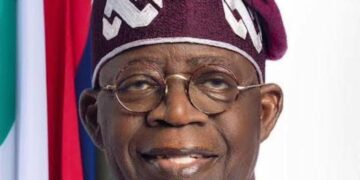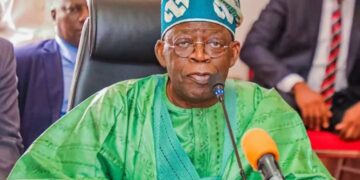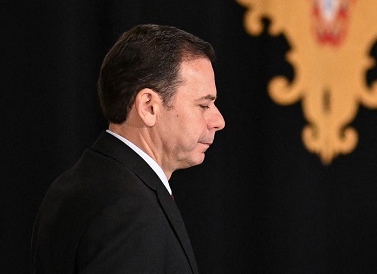The controversy that led to Montenegro’s downfall centred around a services company owned by his wife and children which has contracts with a number of private firms, including one granted state concessions.
Portugal looks likely to go to the polls for the third time in three years, outgoing prime minister Luis Montenegro indicated on Wednesday, after talks with the country’s president.
Montenegro stepped down on Tuesday in the wake of a parliamentary no-confidence vote that his government lost.
President Marcelo Rebelo de Sousa on Wednesday morning held preliminary talks with political leaders, including Montenegro and his Social Democratic Party (SPD), to plot a way to avert a political crisis.
Afterwards, Montenegro, who called for elections “as soon as possible” to avoid instability, said: “All the conditions are in place for (elections) to be held on May 11,” he said.
Rebelo de Sousa was also holding talks with the main opposition Socialist Party, the far-right Chega party and others, before consulting the country’s Council of State.
His decision on whether to try to form a new government or go to the polls again is expected on Thursday evening or Friday.
He has already said elections could be held on May 11 or 18 and previously opted for a vote after the resignation in November 2023 of the Socialist Antonio Costa, who was implicated in an influence-peddling case.
Costa, who has always denied any irregularities, became president of the European Council in June last year.
The controversy that led to Montenegro’s downfall centred around a services company owned by his wife and children which has contracts with a number of private firms, including one granted state concessions.
The former prime minister has said that the family business would now be owned solely by his children but the opposition insisted he provided further details.
Montenegro has said he would stand for re-election if a ballot was called but some Portuguese voters were not enthralled at the prospect.
“We had elections a year ago and now we have them again? That doesn’t seem very good for the country in my opinion,” one Lisbon resident, Maria Leonor, told AFP.
The financial ratings company DBRS Morningstar said: “This increases political uncertainty in Portugal at a time when external risks have increased significantly and pressures to spend more in defence are building up.
“The prospect that new elections can quickly resolve the political impasse is uncertain. Latest opinion polls suggest a relatively similar distribution of seats if new elections are called.”
An opinion poll published Tuesday in the Diario de Noticias newspaper suggested the Socialists were slightly ahead on voting intentions at 30.8 percent.
The centre-right Democratic Alliance grouping headed by Montenegro was on 25.8 percent, followed by Chega at about 17 percent.









































Discussion about this post